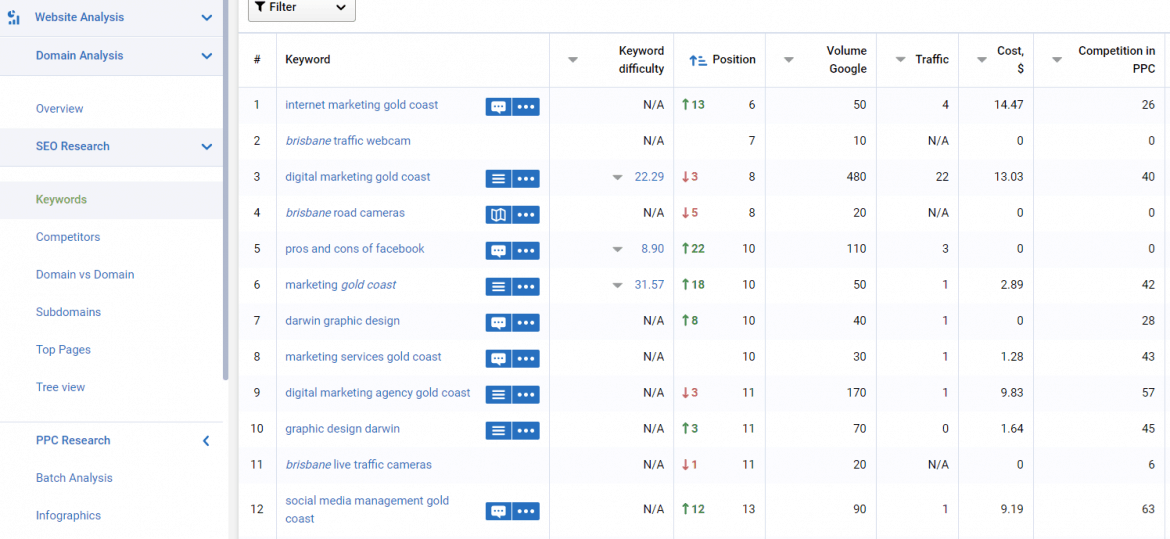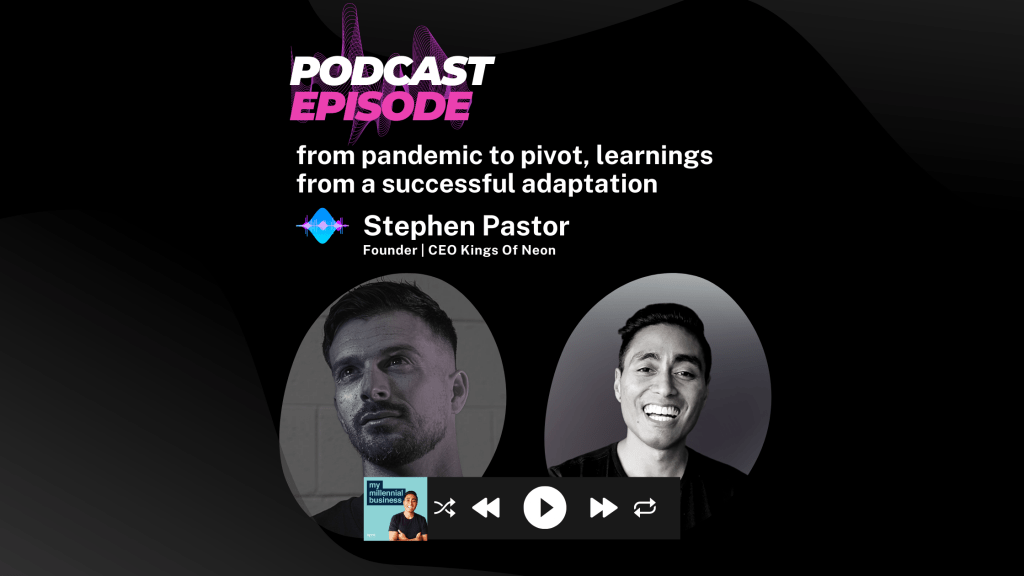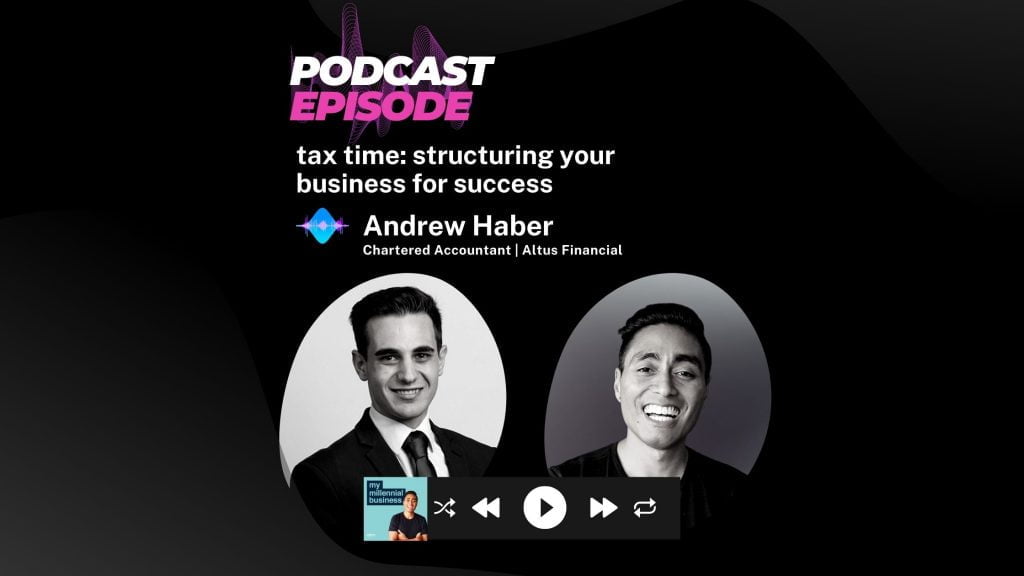SEO requires choosing the right keywords to ensure your website is visible to the right audience via search engines. Do you know how to choose the right keywords?
SEO, or search engine optimisation, is vital for anyone with a website whose goal is to encourage as much traffic as possible. Part of SEO is choosing the right keywords. Without making use of keywords, your SEO rankings will suffer.
This article will highlight what keywords can do for boosting traffic on your website, and how you can choose and utilise the right ones.
WHAT DO KEYWORDS DO FOR MY WEBSITE?
Keyword selection is necessary for ranking well in search. Some of the many things using the right keywords can do for your website include the following:
- Keywords can help your website get in front of the right audience; ideally, your website’s target keywords will align with what your target audience are searching for.
- You’ll have fewer non-target audiences visiting your site, resulting in a lower bounce rate (people leaving your website only after visiting one page).
- Your website will be easier to find.
- You’ll get more traffic and potentially better sales.
- The higher your ranking is, the more authoritative and trustworthy your website appears.
HOW CAN YOU ENSURE YOU’RE CHOOSING THE RIGHT KEYWORDS?
Picking keywords and phrases that are best for your website may seem a little intimidating. Fortunately, with the right tools and knowledge, you can become an expert quickly. There are some key points to consider:
1. PICK KEYWORDS WITH A HIGH SEARCH VOLUME
Choosing the best keywords is in part related to how commonly used your keyword is searched via search engines such as Google or Bing.
Optimising for keywords with a low search volumes may not be ideal. This is because people are less likely to type these in when making a search.
Picking a keyword with a high search volume can be helpful, but it will invariably be harder to rank for.
The key is to pick keywords with high and moderate search volumes.
2. OPT FOR KEYWORDS THAT AREN’T TOO BROAD OR TOO SPECIFIC; SOMEWHERE IN BETWEEN IS GOOD
Keywords or phrases that are very broad like ‘australian marketing agency’ or ‘sydney restaurant’ are likely to have a high search volume. Unfortunately, they may not really align with what people are searching for, and are probably too competitive for you to rank well for.
A better alternative can be to increase your keyword specificity. ‘Gold coast marketing agency’ and ‘southport restaurant’, for instance, are more specific, but not so specific that they won’t be still commonly used.
You could even decide to go a little more specific than that. Examples include the following: ‘gold coast digital marketing agency’ or ‘thai restaurant southport’ might be appropriate.
3. USE A KEYWORD TOOL TO SELECT YOUR TARGET KEYWORDS
There are some great tools that can help you find the best keywords to rank for. Just add your domain or keyword into the platform and let it do the rest.

Some great tools we use are Serpstat, SEMrush, and SE Ranking. They allow you to instantly find out what keywords your site or your competitors’ sites are ranking for.
If you have a new website and it’s not ranking for anything yet, check out competitors who rank well. You’ll get a complete list of keywords that they are ranking for right now.
This can help you understand which keywords you should be optimising your website for.
4. USE RELEVANT KEYWORDS FOR YOUR WEBSITE
When choosing keywords, it’s important to choose keywords that directly relate to your business. Using a keyword or phrase such as ‘gluten free gold coast bakery’ for a Gold Coast steakhouse would not be appropriate.
In fact, ranking for unrelated terms drives people away, because it doesn’t correlate with their search. For this reason, choose only the keywords that make sense for your website or business.
This will help ensure that you’re reaching the right audience. You can use tools like Google Keyword Planner, which can assist you with finding closely related keywords to focus on.
5. CONSIDER THE INTENT OF YOUR KEYWORDS
When choosing your keywords, consider the intent of the searcher – why are they typing in that particular search phrase? The four main types of intent are as follows: informational, navigational, transactional, and commercial investigation.
An informational search involves the searcher looking for information about a topic, like ‘how to choose the right keywords’ or ‘seo in 2021’.
A navigational search means the searcher is looking for a specific site – they know what they want, and they’re navigating to it. Examples include ‘facebook login’ or ‘shuttle digital youtube channel’.
A transactional search is normally conducted when the searcher is ready to buy. They know what they want to buy, and they’re looking for a provider they can buy it from. For example ‘google pixel 6’, ‘nike shox new’, and ‘luxury office chair adjustable’ are all transactional searches.
A commercial investigation search normally takes place before a transactional search. It’s where the searcher finds and compares different solutions to their problem – examples include ‘tire service near me’ and ‘lactose free ice cream Gold Coast’.
By understanding the intent behind the keywords you’ve chosen, you can create content for your website that actually meets the intent. This will result in lower bounce rates and better conversions.
CONCLUSION
Boosting website traffic, sales, and general engagement can be done through proper search engine optimisation (SEO). Picking and using relevant keywords that have an appropriate search volume is one way to achieve such.
Target keywords can be found through thorough manual keyword research or keyword tools like SEMrush and Serpstat.
Ultimately, choosing the right keywords has plenty of benefits, from increasing website traffic to improving your business performance.











